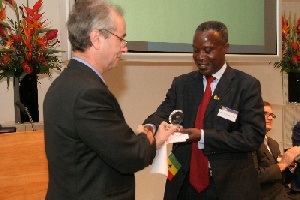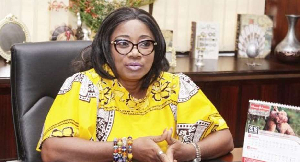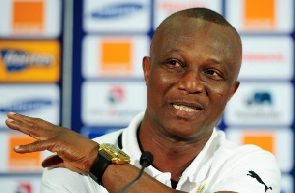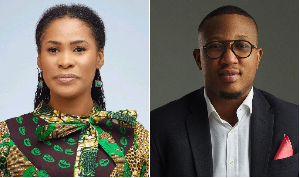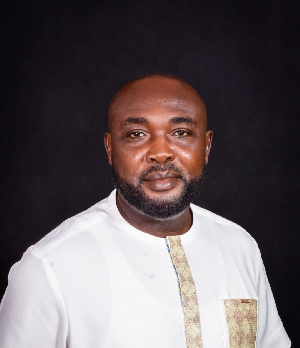Ghana's finance minister, Kwadjwo Baah-Wiredu, said on Sunday that it takes about two years to get a project up and running from the World Bank or the African Development Bank.
"And I have a four-year mandate," he told reporters. "No nation should wait. Development should be going on at any point in time."
After talks in Washington, Baah-Wiredu and finance ministers of the heavily indebted countries expressed 'disappointment that the international community is not delivering on the promises made in 2005 to increase aid flows,' a reference to debt forgiveness promised by the Group of Eight leading industrial nations at a summit in Gleneagles, Scotland.
Baah-Wiredu voiced frustration about rich countries that gave loans to Africa and said they have fallen short on their repeated promises of debt relief.
"We must persist in getting what we have been pledged. Once you have entered into a contract you need to fulfil that contract," he said.
"It's our responsibility as the receiving countries to prove to them that it's better to settle for you your debts."
All of the African nations at the meeting are under the umbrella of the Heavily Indebted Poor Countries, an 11-year-old programme by the World Bank and the International Monetary Fund to help them pay off debt to international lenders.
At Gleneagles, the G8 pledged a new debt forgiveness push for the most heavily burdened nations.
The debt-ridden African nations defended China's growing power as an aid donor, saying the world's richest countries had moved too slowly to cancel debts and offer money to fight poverty.
Beijing's tendency to provide aid faster and with fewer conditions than anti-poverty agencies like the World Bank has helped it attract customers. Partly in response to China's growing influence, new World Bank president Robert Zoellick has pledged to make the bank's loan-giving less bureaucratic and cheaper.








